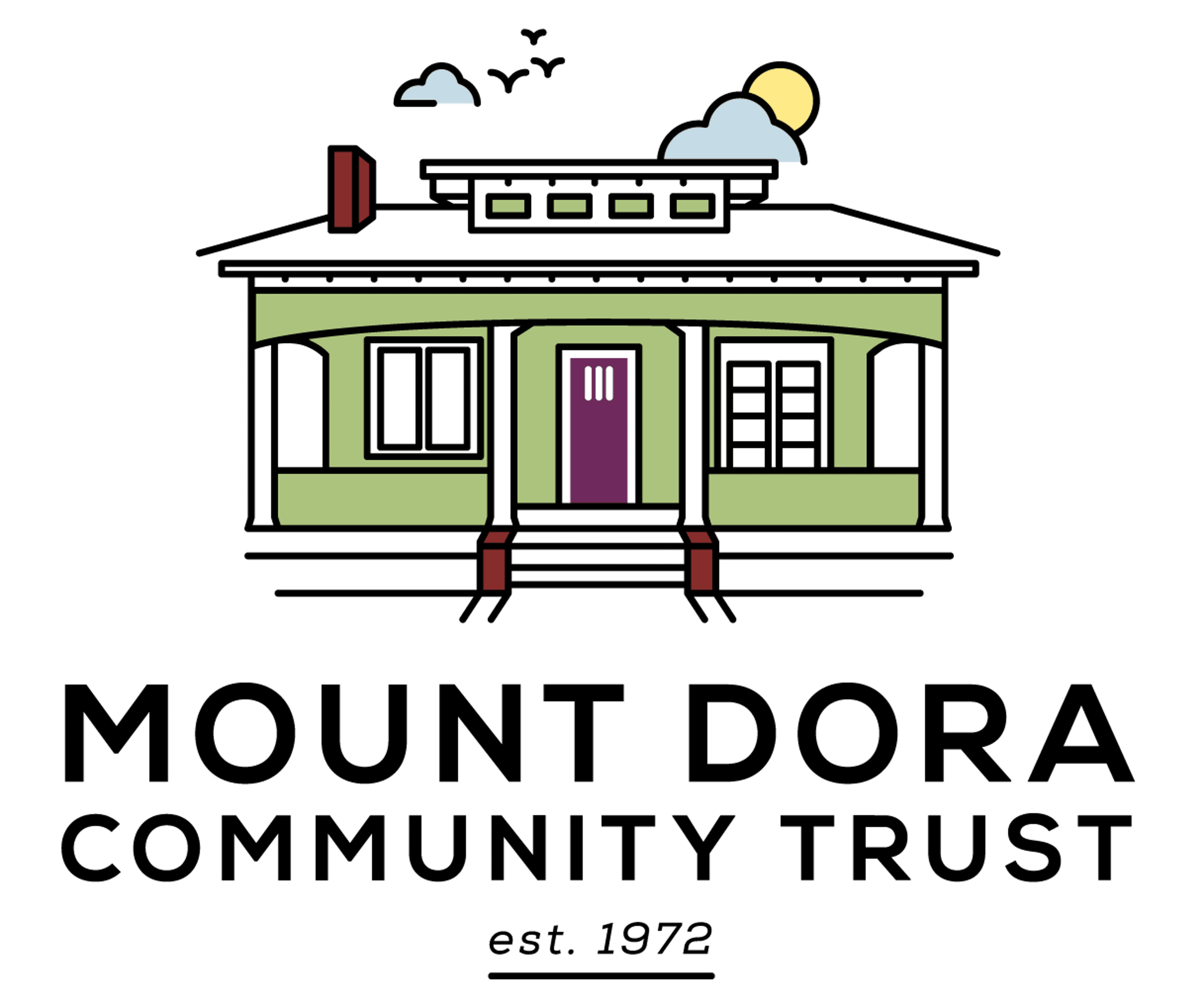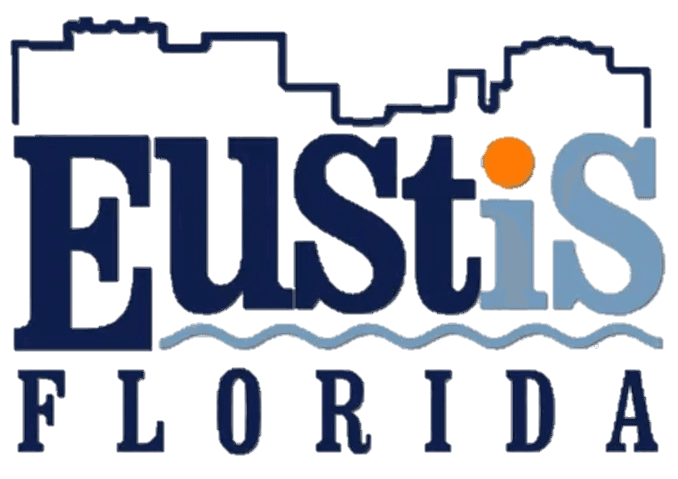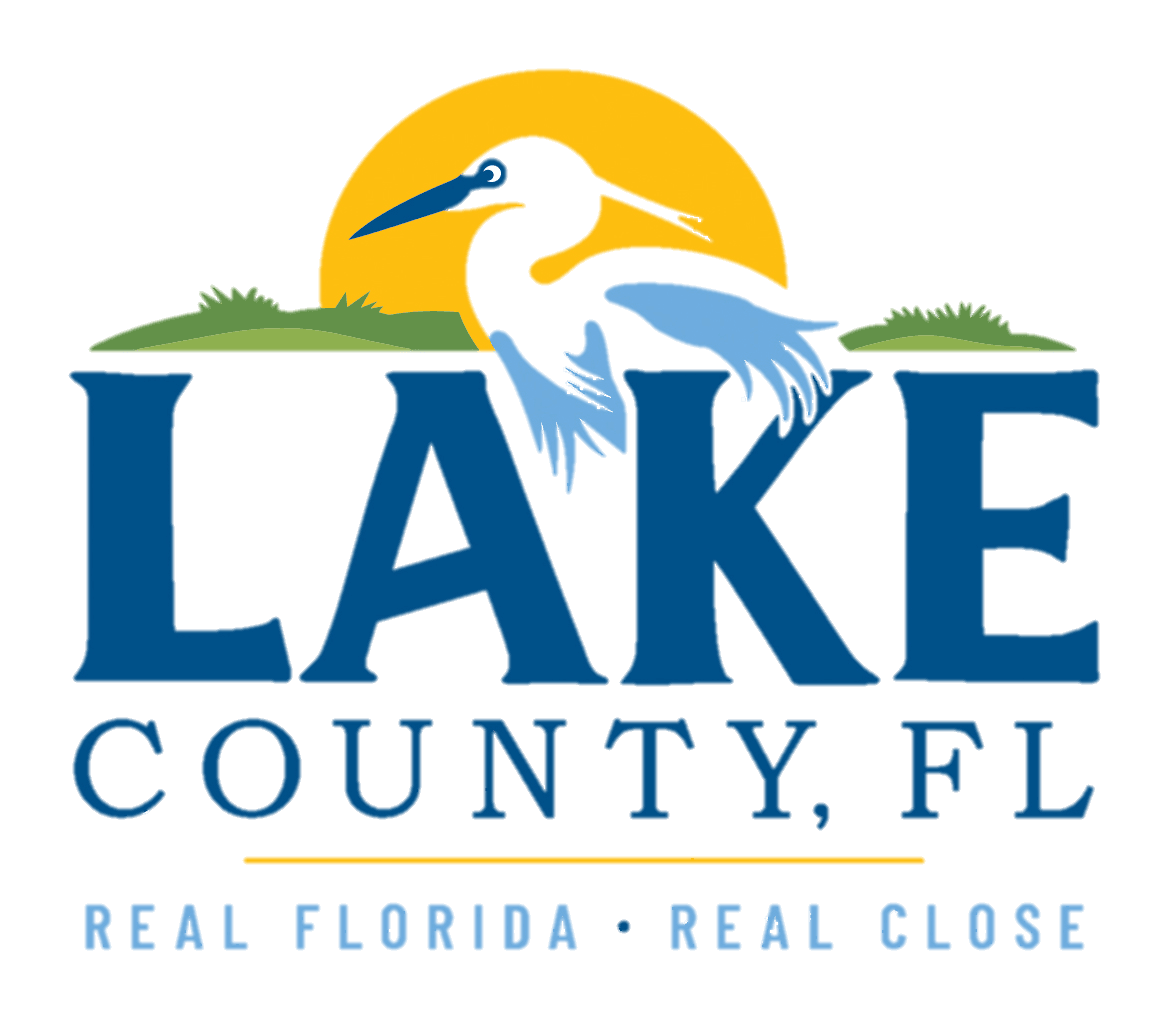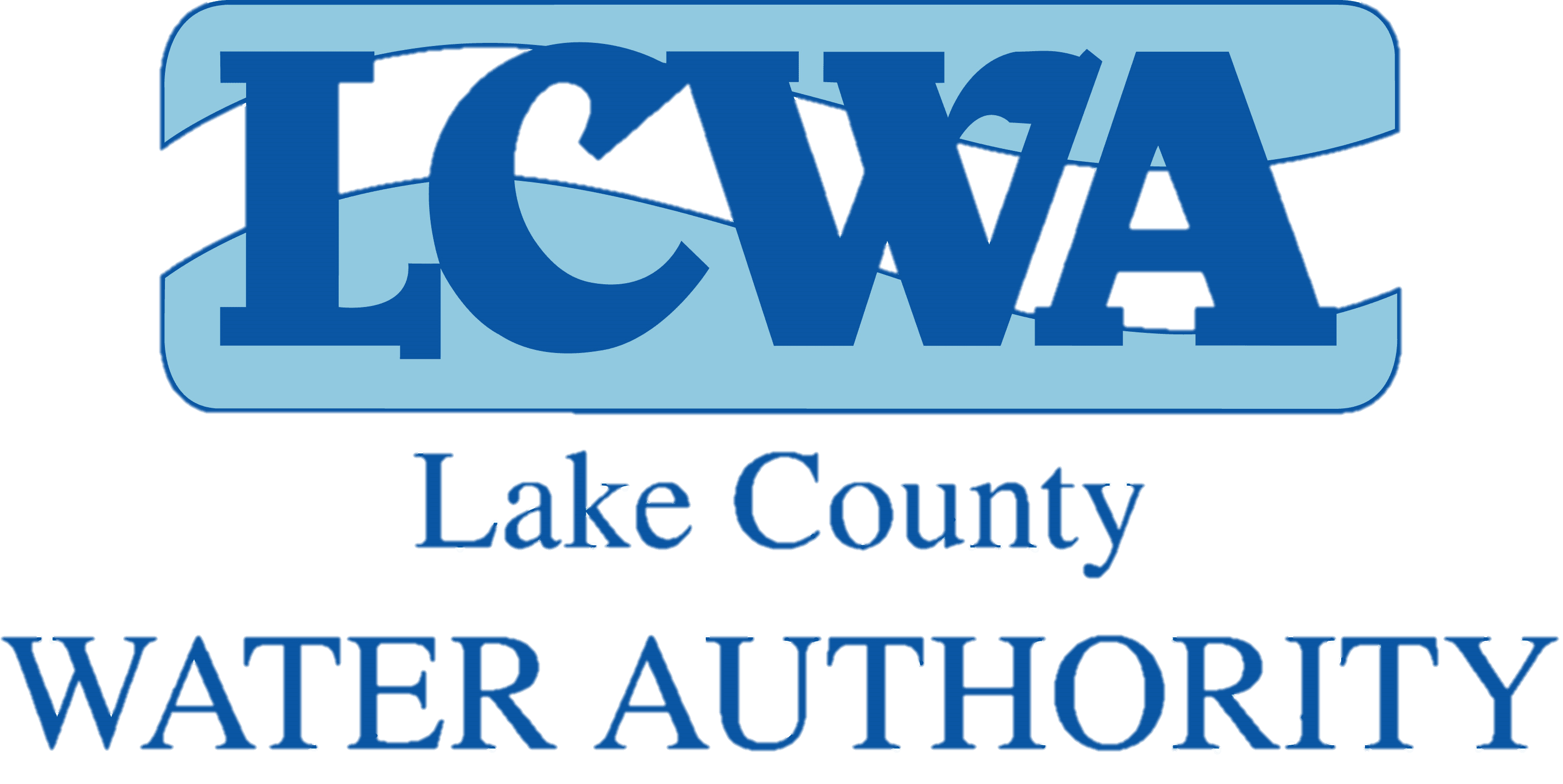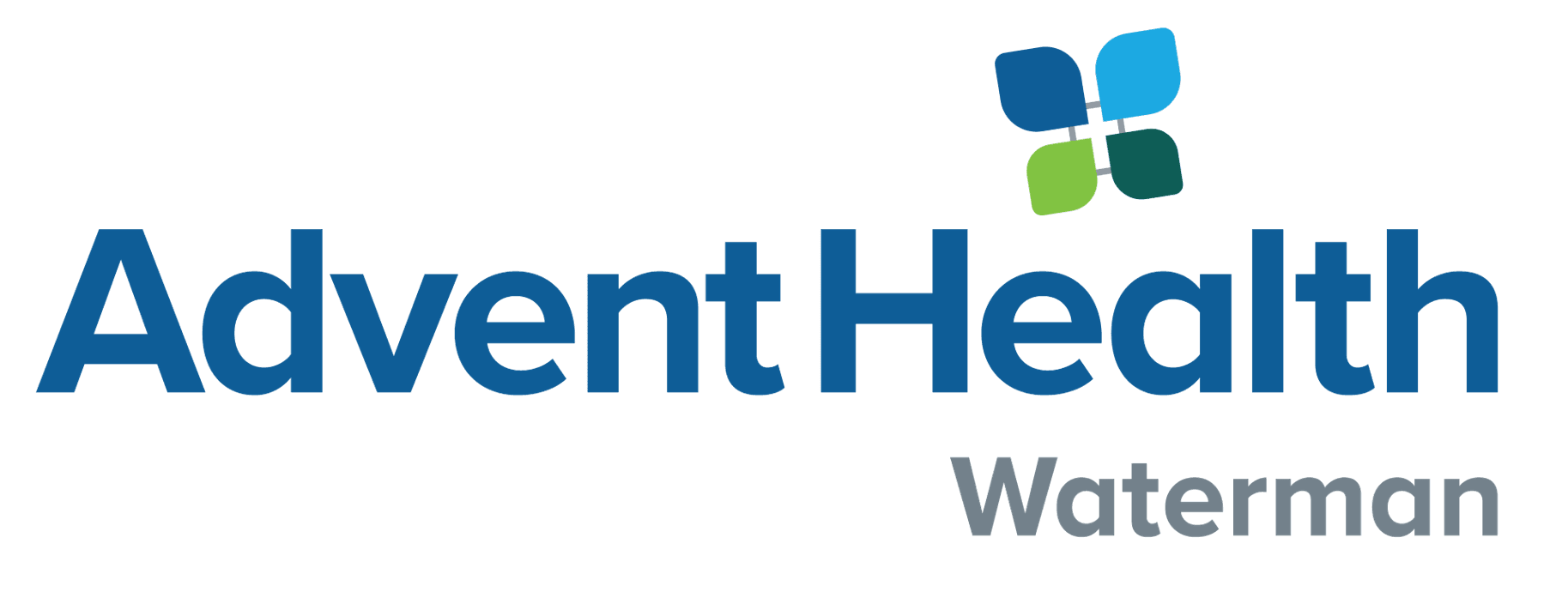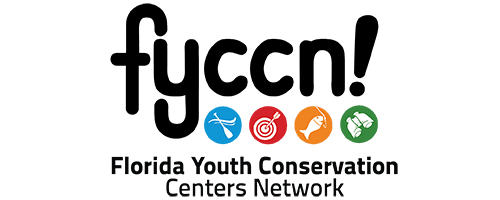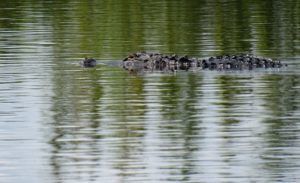
If you’re enjoying the outdoors with your family and your child comes across a cute little wildlife critter like a turtle, baby bird, or any number of animals in the woods, it is tempting to gather it up and take it home. However, this can become a problem when you realize how much care the animal takes, or the animal is no longer wanted.
Typically, people come across wildlife babies that they think have been abandoned by their parents.
There’s no denying how cute they are and our parental instincts cry for us to “rescue” it. Before picking up a wildlife baby you need to determine if the animal has truly been abandoned, or is injured or sick.
Baby turtles hatch and are on their own from birth. They quickly learn how to survive and don’t need human intervention except to move them away from roads, houses and lawn equipment or pets. Then, take them to a nearby safe location and let them go.
Baby birds fledge and hop along the ground and low bushes while their parents continue to watch and feed them. Baby squirrels may fall out of nests and should be returned to their nest when and if possible.
If you suspect an animal is injured, sick or abandoned, contact a wildlife rehabilitator.
They are specialists in animal care who have met the state and federal requirements to rehabilitate or care for wildlife. Rehabilitators are often specialist doing a 7 day a week, 24 hour a day job caring for displaced and injured wildlife. They may specialize in caring for gopher tortoises, birds of prey, snakes, etc.
Depending on an animal’s injuries, it may be returned to the wild when healthy or kept as an education animal if unable to care for itself. Trout Lake Nature Center has a gopher tortoise education ambassador because the animal cannot dig a proper burrow and would not survive on his own.
Before taking on the responsibility of wildlife baby or not, you need to learn about their needs, care, amount of time required, life span and any legal requirements.
Birds of prey, migratory species and other wildlife may require permits before they can be taken from the wild and only taken if injured or unable to survive on their own. And, these permits may have strict requirements for care and finally releasing them back to the wild.
Wildlife can be unpredictable especially as they grow and mature turning from that cute, cuddly baby into a biting and clawing adult as it reaches sexual maturity. When the cuteness wears off or time spent caring for the animals becomes too much, people want to rehome or return the animals to the wild.
In some cases, it is illegal to return them to the wild. And if raised by people, they do not know where to find shelter or food, how to hide from predators and just survive. Often animals bond with their rescuers and are traumatized when abandoned by the caregiver. They do not learn to avoid or fear humans creating another problem when released.
They may carry viruses or diseases that they are immune to but could impact native populations. And, adding one more animal to a habitat might push the habitat past its carrying capacity or ability to provide for the animals living there.
Rehoming wildlife can be difficult.
Many nature centers experience an influx of animal donations at the beginning of the school year when teenagers leave for their first year of college. Most centers cannot take in donated animals due lack of space, and the cost and time needed to care for additional animals. The Florida Fish and Wildlife Conservation has a pet amnesty program that might be able to help with rehoming your wildlife animal.
Rescuing injured or sick wildlife can be very rewarding but is not for everyone. You must make a long-term commitment to the care and feeding of the animal. A list of people licensed and equipped to care for wildlife can be found on the Trout Lake Nature Center’s website at troutlakenaturecenter.com under the links tab. Or the FWC, has a list of licensed rehabilitators at https://bit.ly/2b8H7bK.
We encourage people to leave wild animals where you find them in their homes but we appreciate the concern you have for injured and sick wildlife. Everyone can serve as a spotter, notifying trained professionals when hurt wildlife is found helping to protect them. Otherwise, just look, study, take pictures, and then move along.
BY ANTHONY SMEJEK
